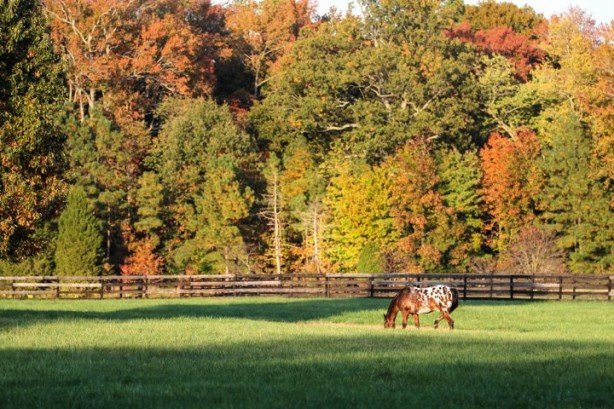
?Jesus? methodology presents a challenge to the present-day culture of productivity, which demands a speedy programmatic approach for the process of making disciples.? (Keith R. Anderson & Randy D. Reese. Spiritual Mentoring: A Guide for Seeking & Giving Direction. Downer?s Grove: InterVarsity Press, 1999, p. 38.)
Jesus? way was unhurried. He knew that good fruit couldn?t be produced by fast food methods. One-size-fits-all and closed-system programs don?t look much like the way those first followers lived with Christ. There is the temptation to remove all unpredictable variables from such a process. It may be easier to manage, but I?m not sure it will bear the kind of spiritual fruit we want. Like wise farming, wise spiritual leadership needs vast spiritual wisdom, not quick, always-do-this-when-that-happens responses.
Here are a few questions I?ve asked myself (and others) about our discipleship strategies and approaches:
- How long, realistically, do discipleship programs believe it will take to develop mature disciples? (One practical answer is how long such a program runs?)
- To what degree is discipleship measured merely in terms of a body of knowledge to be learned, rather than a way of life to be fully embodied? (This is where the metaphor of apprenticeship comes into play. An apprentice learns by watching, then by trying and being guided by a master, before he or she is ready to apprentice others).
- How much open space is there in the process? Programs tend to fill all space. I?ve come to believe that a significant amount of mystery is necessary fertilizer in the soil of spiritual growth.

“a significant amount of mystery is necessary fertilizer in the soil of spiritual growth.” I find this a unique way of expressing a very important practical, personal truth.